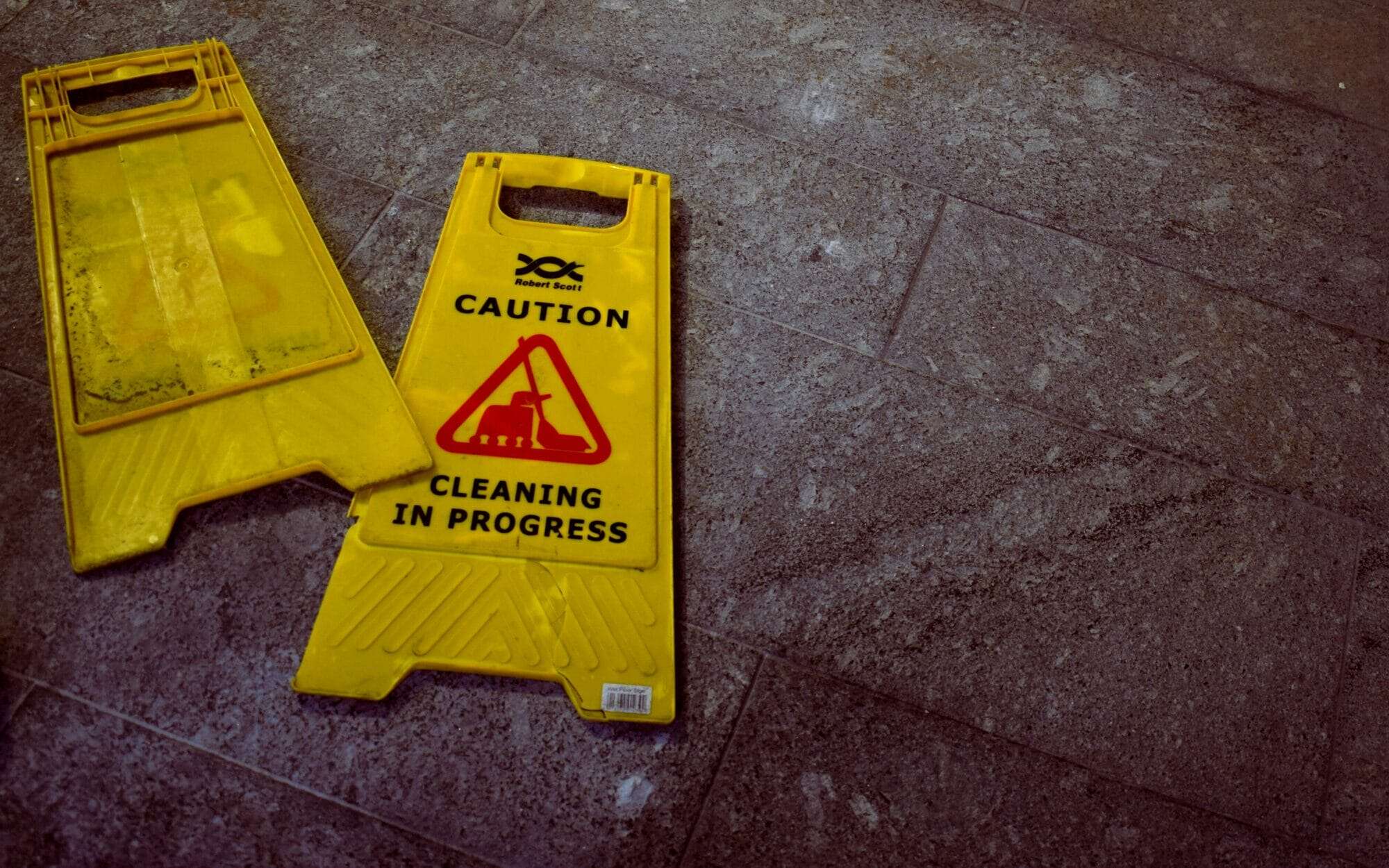When someone is injured due to another’s negligence or wrongful act, they may be able to seek compensation for their losses. However, there are significant differences between bodily injury and personal injury claims. Generally, bodily injury coverage is meant for physical harm caused, whereas personal injury focuses on non-physical damages such as emotional distress or reputational damage.
Understanding the distinction between these two types of claims helps you determine which one is right for your case. This article will provide an overview of the differences between bodily injury and personal injury. Additionally, it will provide advice on taking action if you have experienced physical or non-physical harm. Discover the differences between bodily injury and personal injury here.
What is Bodily Injury?
Bodily injury is physical harm or damage caused to an individual, such as broken bones, cuts, bruises, and abrasions. This injury can arise from a car accident, medical malpractice, dog bite, or slip and fall.
Bodily injury claims may involve medical expenses, pain, and suffering, lost wages, disability, or physical damage. A bodily injury claim seeks compensation for the damages incurred due to another party’s negligence or wrongful act.
Eligible Compensation for Bodily Injury
You may be eligible for several types of compensation when seeking compensation for a bodily injury. These comprise the following:
- Medical costs
- Suffering and pain
- Earnings lost
- Disability
- Rehabilitation
- Damage to property
In addition to these types of compensation, claimants may also seek punitive damages designed to punish the negligent party for their reckless behavior. All of these types of compensation must be proven in court, and the exact amount you are eligible for will depend on your situation.
Bodily Injury Claim Covers the Third Party
Bodily injury claims can also cover damages caused to a third party, such as a property damage claim. Suppose someone’s negligence leads to an accident that causes damage to another person’s property (for example, a car accident where the other driver was clearly at fault). In that case, they might then be responsible for any harm that results. This claim may include compensation for repairs, replacement items, and other damages.
In some circumstances, the liable person may also be obligated to cover any medical costs a third party incurs due to the accident. If a doctor was called in to evaluate and treat the injured person, they might also be able to seek compensation for their services. The same goes for any other third-party damages that may have occurred.
What is Personal Injury?
Personal injury refers to any non-physical harm caused by another person’s conduct. This includes mental anguish, emotional distress, reputation damage, and consortium loss. Personal injury claims may also involve a variety of losses that are not physical, such as lost wages due to work days missed due to the injury.
Eligible Compensation for Personal Injury
The types of compensation available for personal injury claims may vary depending on the damages suffered. Potential types of compensation include the following:
- Pain and suffering
- Loss of income
- Punitive damages
- Rehabilitation costs
- Mental anguish
- Emotional adversity
- Reputational damage
- Loss of consortium
To seek compensation for a personal injury, the claimant must prove that another person’s negligence or wrongful act caused the harm. The amount of payment you are eligible for will depend on the injury’s severity and any other damages incurred.
What Does Personal Injury Cover?
Personal injury claims cover losses incurred due to another party’s carelessness or wrongdoing. These claims often involve a variety of non-physical losses, such as lost wages, medical bills, pain and suffering, and emotional distress. The claimant must demonstrate that another party is accountable for the harm caused to receive compensation for personal injury.
Personal injury claims can have bodily injury claims such as wrongful death. This claim addresses the non-economic losses, which include pain and suffering, loss of consortium, funeral expenses, and other damages related to the death.
If a person dies due to another party’s carelessness, the surviving family members may bring this type of claim to receive compensation for the financial and non-economic losses suffered.
Take Immediate Action After Experiencing Bodily or Personal Injury
If you have suffered a bodily or personal injury due to another party’s negligence or wrongful act, you should take immediate action. This includes getting medical help and hiring a competent attorney as soon as possible. An attorney can provide guidance and advice on your legal options and help you seek compensation for any damages incurred due to the injury.
Engage Virginia Injury Attorneys
At Renfro & Renfro, our experienced Virginia injury attorneys are well-versed in the differences between bodily injury and personal injury. We can guide you on your rights and responsibilities under the law, ensuring you get the best outcome for your case. Schedule a free consultation today by calling (804) 601-4433 or contacting us online.
We look forward to working with you!






